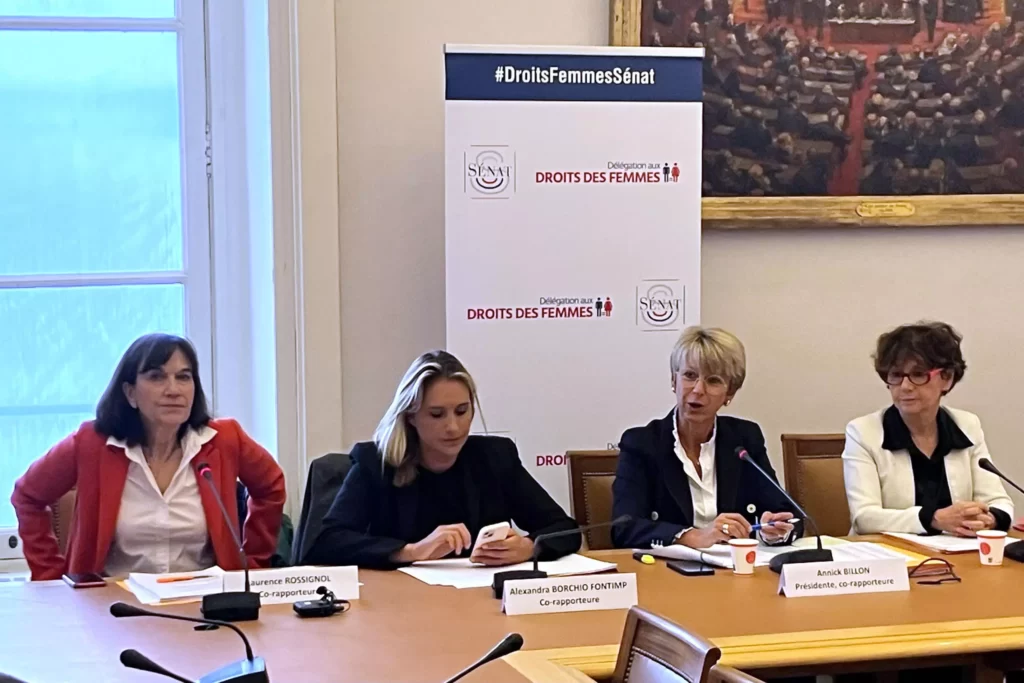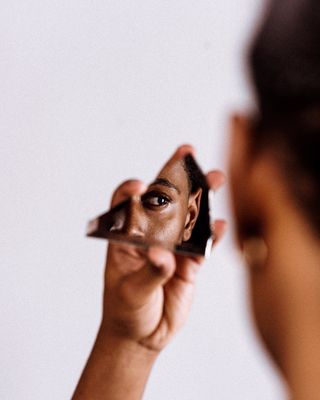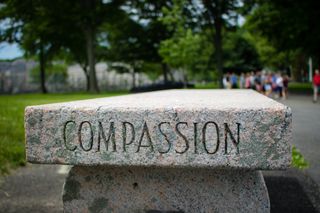Rape is exceedingly common in the BDSM scene. In fact, even the community’s own lobbying groups such as the National Coalition for Sexual Freedom—one of their board members doubled as FetLife’s community manager, by the way—admit to a 50% higher occurrence of consent violations among BDSM practitioners than the general populace. That’s nearly as bad as police officers, who statistically speaking are also twice as likely to be perpetrators of domestic violence. The BDSM scene has a self-delusional belief that they are “all about consent,” but in reality, they are at least as bad with sexual consent as everybody else, and likely a lot worse given their penchant for eroticizing abuse. Many women and Submissive-identified people within that community, including myself, had been saying this for a long time, but had been routinely ignored.
Even during the height of these national debates about “the BDSM community’s consent crisis,” the Consent Culture working groups were pitifully meek. They had collectively decided that “something must be done,” but what they chose to “do” was make a petition calling for the removal of the clause in FetLife’s Terms of Use that the site’s management was using as justification for censoring rape survivors. But as is often the case, when you must beg for something from a master, you find that they will not grant your request. Three years later, FetLife has still refused to change their policy and is still censoring rape survivors—unless those survivors use the Predator Alert Tool.
In October 2012, I realized that the root cause of the FetLife problem was simply that site management got to control what users saw when they browsed the site. But the Internet, which was made famous by mashups, allowed a unique opportunity to route around FetLife’s censorship in a way FetLife could not control. I wrote a simple mashup between a public Google Spreadsheet and FetLife that enabled anyone to report a negative experience with a FetLife member. With a mere 260 lines of JavaScript, that information could then be overlaid directly on FetLife.com.
With Predator Alert Tool for FetLife, the problem of FetLife’s censorship all but vanished: FetLife users could now warn other FetLife users about predatory behavior, and FetLife’s site management was powerless to stop it. Just a few weeks ago, we met a woman right here in Albuquerque who had used the tool to alert others about a local “Master” violating her consent.
Users of the tool then began asking for a similar capability on other sites, like OkCupid and Facebook. There are now seven variations of the Predator Alert Tool browser add-on, each designed to work with a particular social network or dating site. Importantly, none of these tools has been developed in collaboration with the social network in question. Most sites have refused to acknowledge the tool, despite inquiries from journalists and community members. Some sites are actively hostile, sending DMCA takedown notices and even threatening to ban Predator Alert Tool users. Meanwhile, the already overwhelming positive response from the user community continues to grow.
Predator Alert Tool arose directly from the needs of the community that it serves. It enabled the user community to do exactly what the authorities at FetLife didn’t want done, or what OkCupid and Facebook don’t want users thinking too critically about. And it accomplished this by just implementing that capability rather than waiting for permission to do so. Its impact was immediate and disruptive—on purpose. These characteristics are indicative of all direct action software development projects.
Today in 2015 the petition proposed by the “Consent Culture” working groups has still not achieved its goal of stopping FetLife from silencing rape survivors. Predator Alert Tool was able to accomplish that goal in one night of coding, with these 260 lines of code, three years ago.
Source: https://idlnmclean.tumblr.com/post/158931112351/rape-is-exceedingly-common-in-the-bdsm-scene-in
Een reactie plaatsen

